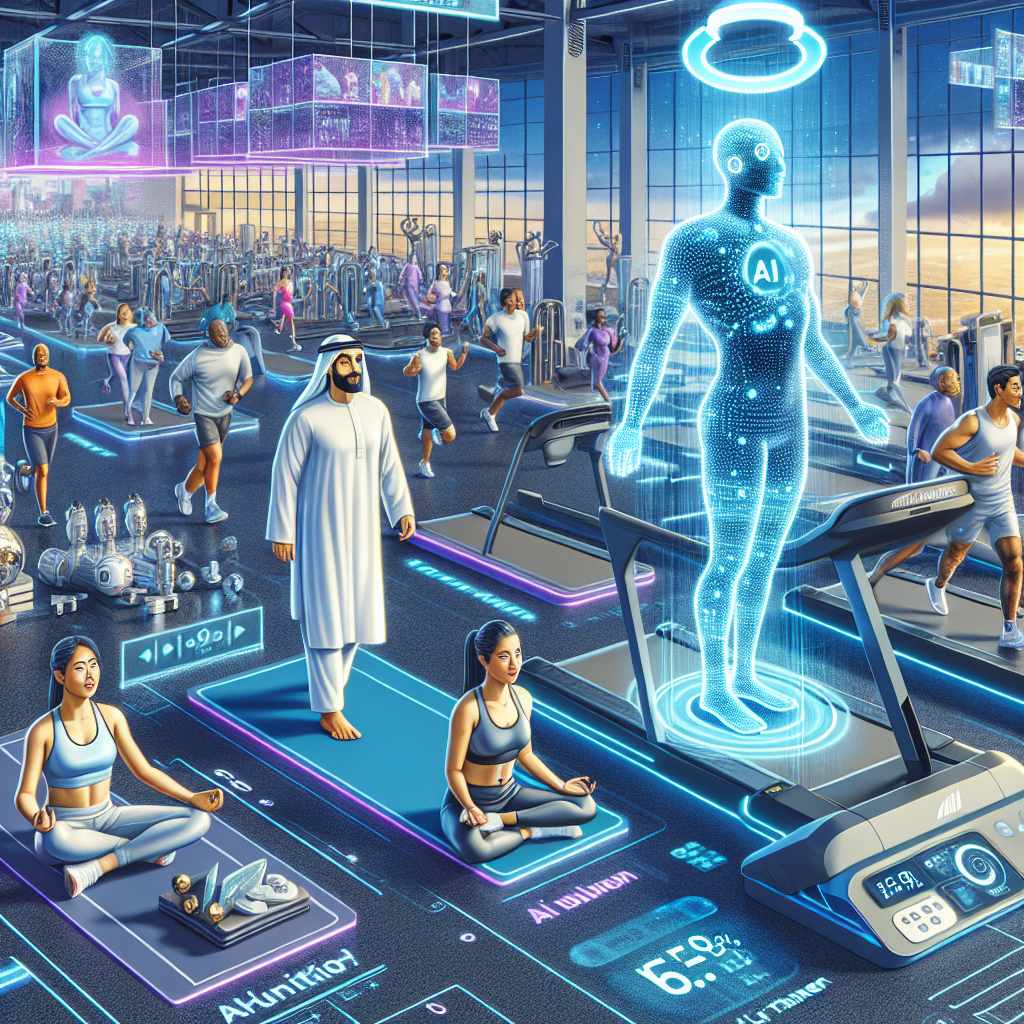AI Personal Trainer Market Booms
Arnold Schwarzenegger made headlines in the 1970s as bodybuilding’s most iconic figure, relying on iron discipline, human coaches, and stacks of handwritten workout journals. Fast forward to today, and your next “Arnold” moment may come from artificial intelligence whispering sets and reps through your earbuds while adapting your personal routine in real time. The AI personal trainer market booms not just in gyms but also across digital platforms, reshaping how millions around the world approach health and fitness.
AI Steps Off the Sidelines and Into the Gym
According to recent research from ReportLinker, the global AI personal trainer market is expected to grow by $4.47 billion between 2022 and 2027, accelerating at a compound annual growth rate (CAGR) of 48.2%. This exponential growth is fueled by shifting consumer habits, as more people seek intelligent and adaptive tech solutions to optimize their fitness journeys.
Unlike traditional fitness methods, AI-based personal trainers provide users with tailored workout plans, real-time feedback, and long-term progress tracking—all with minimal need for human input. These platforms harness machine learning and biometric data to fine-tune routines based on user preferences, performance, and goals.
Key Growth Factors Driving Market Expansion
Several trends are converging to spark impressive growth in this sector:
- Increased digital fitness adoption: The global rise of home workouts and virtual training during and after the COVID-19 pandemic has made smart fitness tools more mainstream.
- Wearable integration: Devices like smartwatches and fitness bands feed valuable data to AI systems, offering more personalized workout insights.
- Cost-effective fitness solutions: Compared to hiring a personal trainer, an AI-powered app is more affordable and always available, 24/7.
- Consumer demand for personalization: Users expect more than cookie-cutter programs—they want plans tailored to individual goals, limitations, and data.
Leading Innovators in the AI Fitness Space
Companies like Freeletics, Tonal, and Vi Trainer are shaping the AI personal training space with user-centric platforms that combine coaching personalities, video tutorials, and smart performance assessments. These tech players aim to mimic (and sometimes outpace) in-person trainers by utilizing computer vision, voice assistants, and real-time analytics.
North America currently leads the global market, holding the largest share of AI-driven fitness product adoption. However, the Asia-Pacific region is projected to grow at an even faster rate due to rising awareness of health and wellness, increasing smartphone access, and rapid urbanization.
A Future Built on Adaptive Fitness
What sets AI trainers apart from traditional fitness methods is their scalability, intelligence, and near-instant adaptability. Whether adjusting to your recovery time or modifying your form through real-time posture analysis, AI transforms average workouts into precision-engineered regimens. This shift reflects both a cultural and technological evolution in fitness, where data and personalization take precedence.
As AI fitness tech becomes more advanced and accessible, industry experts believe it could become as common as having a music streaming app. For those interested in the full market analysis, including top vendors and future projections, check out the detailed report on Yahoo Finance.
Final Thoughts
The phrase AI personal trainer market booms isn’t just a trend—it signals a fundamental change in how we define fitness support and guidance. As algorithms get smarter and consumers demand more intelligent solutions, AI trainers will become not just an alternative to human coaches, but a preferred one. The future of personal fitness isn’t coming—it’s already on your phone.

